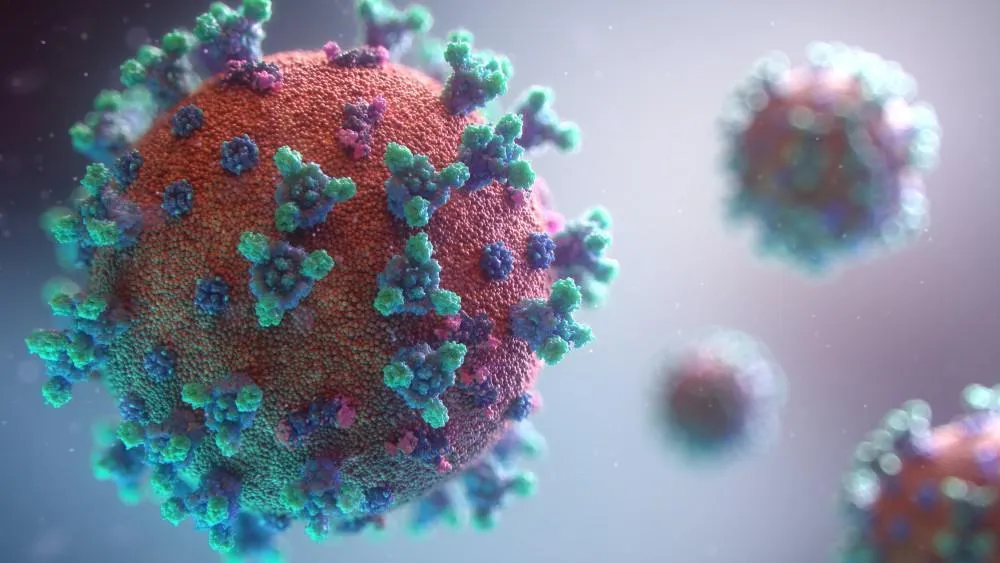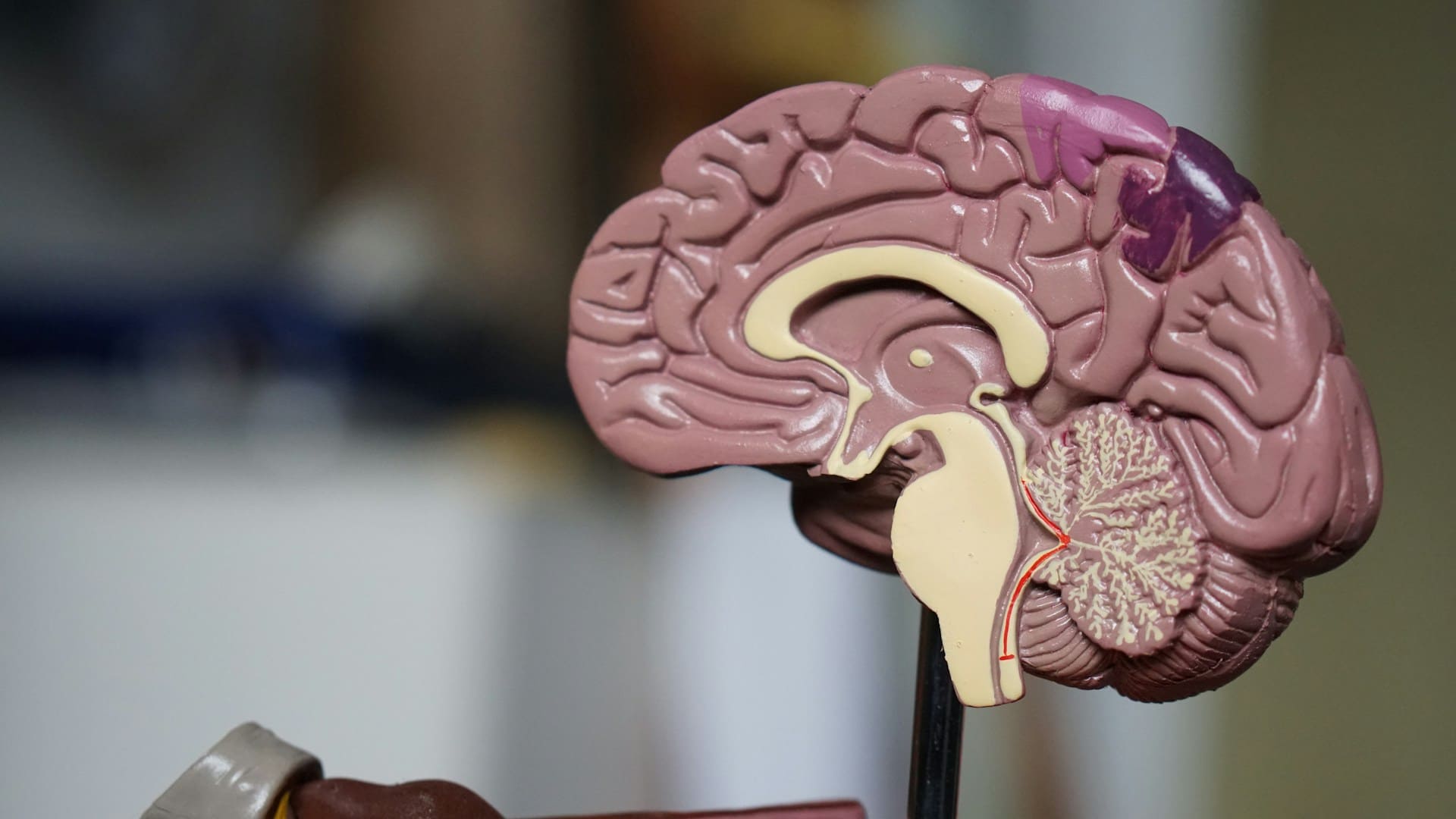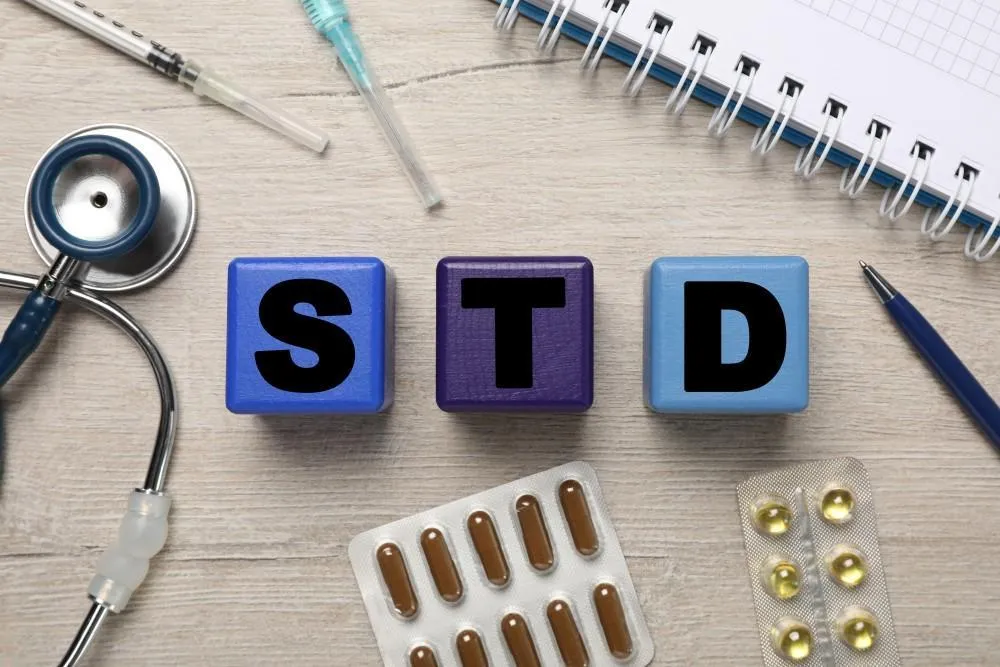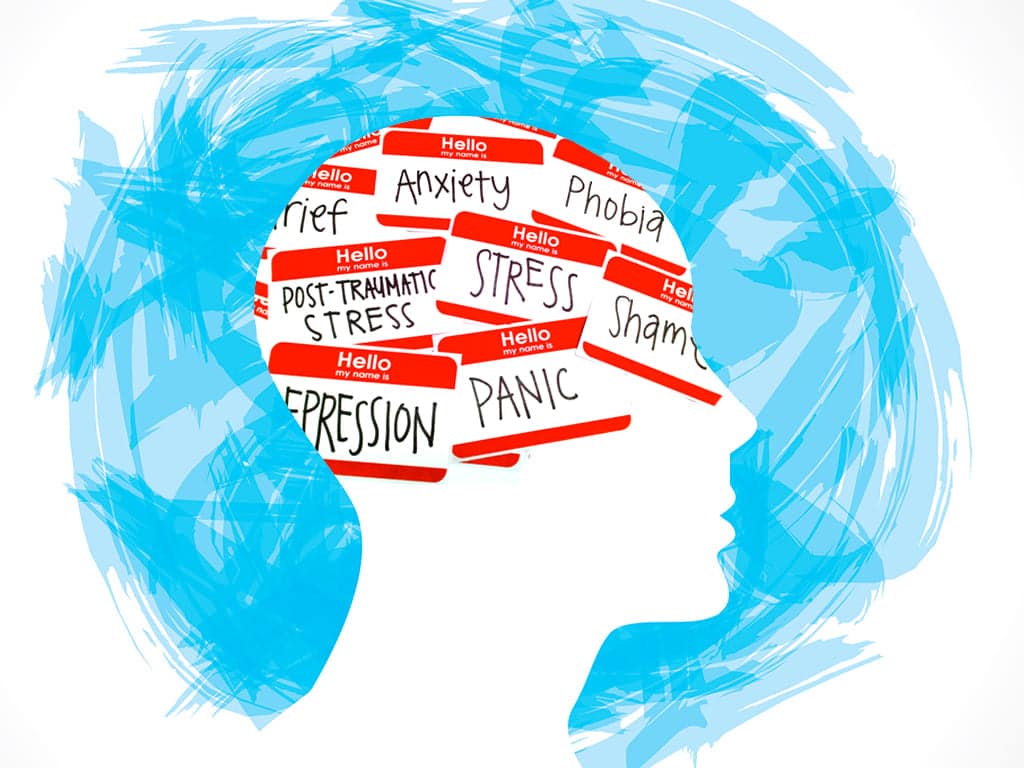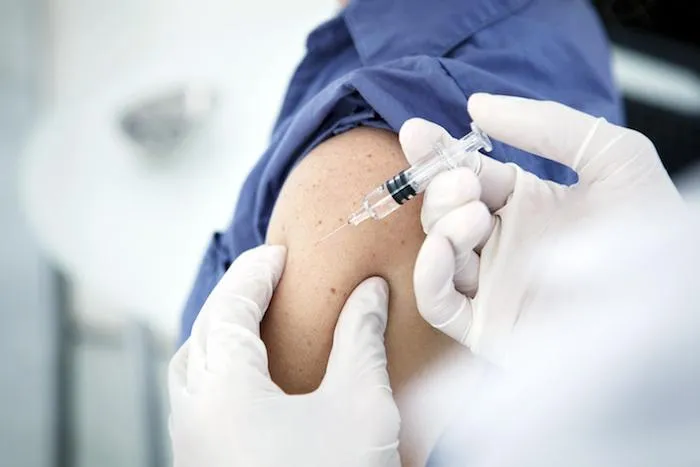Diet and Mental Health: How Nutrition Shapes Your Well-Being

Many of us don’t even realize that nutrition and mental health are so strongly linked. According to a study by researchers from the University of Melbourne and Deakin University, Australia, there is a strong relationship between diet and mental health. The results of the study are published in The Lancet Psychiatry journal.
The modern lifestyle requires not only physical health but also a high level of cognitive function and mental resilience. Nutrition is undoubtedly one of the key factors affecting overall well-being, particularly brain function and emotional well-being.
As a result of studies, scientists have found that there is a specific relationship between mental health and nutrition, a reduction in the prevalence and risk of depression, as well as a reduction in suicidality across cultures and age groups. Thus, mothers’ and their children’s nutrition in early childhood has a significant impact on the child’s brain health in later life. Nutritional lapses, inadequate intake of certain nutrients during critical periods of child development may be associated with the development of depressive and psychiatric disorders in such children in later life. Therefore, the improvement of children’s diet is one of the ways to prevent these disorders. Regular mental health assessments are crucial for identifying and addressing potential psychological issues early on.
Food Is Your Body’s Fuel
Let’s think logically, our brain works 24/7, even when we sleep, which means it needs a constant supply of energy. This “fuel” comes from the foods we eat, and what’s in that “fuel” is important. Simply put, food has a very strong influence on the functioning and structure of our brain, and as a result, it shapes our mood.
There’s a reason the gastrointestinal tract is often referred to as the “second brain.” It produces 95% of serotonin. And serotonin is a powerful neurotransmitter that helps regulate sleep, appetite and mood, and reduce pain.
How does nutrition affect mental health? Complete nutrition is one of the most important conditions for brain function, as it is an energy-intensive structure. Also, from food we get the substances necessary for full brain processes. Exploring mental health treatment options that include nutrition can significantly improve overall well-being and recovery outcomes.
Research from 2013 demonstrates a reduced risk of cognitive problems and depression in those who follow a Mediterranean diet rich in fruits and vegetables and free of the typical Western diet of convenience foods.
A 2013 Japanese study that followed 3 groups – Western diet, Japanese diet, proper diet – for 4 years found a decrease in suicide rates in the 3rd group.
A Norwegian study of pregnant women from 1998 to 2008 found that children from mothers who ate properly during pregnancy had no strong emotional and behavioral problems.
Nutrition’s Role in Mental Health
Nutrition is pivotal in mental health goals, influencing brain function and emotional well-being. a balanced diet that includes essential nutrients can help reduce the risk of mental health disorders and enhance mood stability. Omega-3 fatty acids, found in fish, flaxseeds, and walnuts, are crucial for brain health and can reduce symptoms of depression and anxiety. B vitamins, particularly folate, B12, and B6 are essential for producing neurotransmitters like serotonin, which regulates mood and happiness.
Good nutrition shapes your well-being by providing essential nutrients that support both physical and mental health.
Probiotics and a high-fiber diet can also improve gut health, which is increasingly recognized for its connection to the brain and mood regulation. Conversely, diets high in processed foods, sugar, and unhealthy fats can exacerbate mental health issues, highlighting the importance of mindful eating for overall well-being. Understanding what is mindfulness, can enhance how we approach nutrition. Healthy habits and forming a proper diet will help improve your overall health.
Exploring the Benefits of Popular Diets
How does diet affect health and well-being? Scientists have studied a variety of diets and their effects on the body on numerous occasions. In particular, the Mediterranean diet, the DASH diet and the MIND diet (a brain protection diet that helps reduce the risk of developing Alzheimer’s disease by 53%) can reduce symptoms of depression and have therapeutic effects. These types of diets include the following foods:
- Fish and seafood
- Olive oil
- Whole grains
- Nuts
- Fruits and vegetables
- Moderate consumption of red wine
There are differences between these diets, however – for example, the Mediterranean diet does not include berries and leafy salads, while MIND emphasizes these foods. In addition, it includes only one serving of fish per week, which is not the case with the DASH diet and the Mediterranean diet – on the contrary, you need to consume as much seafood as possible to achieve the desired result. The DASH diet includes non-fat dairy products, while the Mediterranean diet and the MIND diet do not emphasize fermented milk. This is how nutrition affects mental health indeed.
All three types of nutrition have protective effects on anxiety and stress, slowing the decline of cognitive function with age and the risk of developing neurological disorders. Consumption of junk food, on the other hand, can have the opposite effect: increasing the likelihood of mental illness, disorders and their symptoms.
Additionally, let’s talk about ketogenic diet and mental health. It is high in fats and low in carbohydrates, may benefit mental health by stabilizing mood and improving cognitive function through ketone production. However, more research is needed to understand its long-term effects fully.
5 Tips To Improve Nutrition for Mental Health
To maintain mental health, it is important to follow a healthy diet, which involves eating lots of fish, whole grains, vegetables and fruits. It is also important to limit your intake of saturated fats, refined carbohydrates and salt. Joining a comprehensive weight loss management program can help you achieve your health goals through personalized diet and exercise plans.
Improving nutrition can have a significant impact on mental health. Here are five tips to enhance your diet for better mental well-being:
- Eat a balanced diet: add more fruits and vegetables to your diet. They contain many nutrients and also improve GI function. Include nutrient-rich foods in your diet: fresh fruits and whole grains, fish, nuts.
- Limit sugar and processed foods: excess sugar can affect productivity and concentration. The WHO recommends reducing the amount of added sugar in the diet – primarily sweets and sodas. But it’s not just about the risks of obesity and tooth decay. The diet, which is commonly called the Western diet – with a large amount of refined foods, convenience foods, saturated fats – increases the risks of a large number of mental disorders, including depression. Many studies with large samples have already confirmed this. Understanding the intricate connection between mental health and nutrition can significantly enhance overall well-being.
- Drink plenty of water to keep your bowels functioning properly. This should be monitored very carefully, as lack of water affects the entire body as a whole.
- Include probiotics: a healthy gut microbiome is crucial for mental health. Probiotic-rich foods like yogurt, kefir, sauerkraut, and kimchi can improve gut health, which in turn supports brain health and reduces symptoms of anxiety and depression.
- Monitor caffeine intake: while moderate caffeine consumption can boost mood and alertness, excessive intake can lead to anxiety and disrupt sleep patterns. Watch your behavior and mood after caffeine intake and try to correct your diet properly.
Conclusion
The link between nutrition and mental health is increasingly recognized as an important factor in our overall well-being. Just as certain foods can affect our physical health, what we eat can also affect our mood, cognitive function, and mental health. Incorporating various mental health foods into our daily lives can help us maintain a balanced mood, sharp cognitive abilities, and a steady mind. Planning nutritious meals ensures a stress-free holiday season, allowing everyone to enjoy good food and health.
Focusing on a balanced diet with a variety of healthy foods can serve as a key to physical health and support cognitive function and emotional happiness. Investing in your nutrition is an investment in a quality life and long-term physical and mental health.







